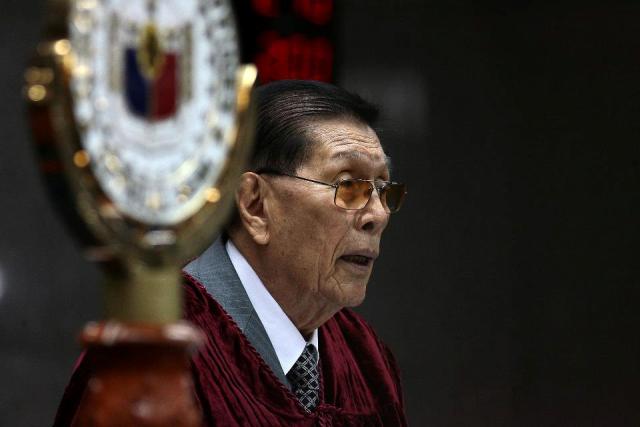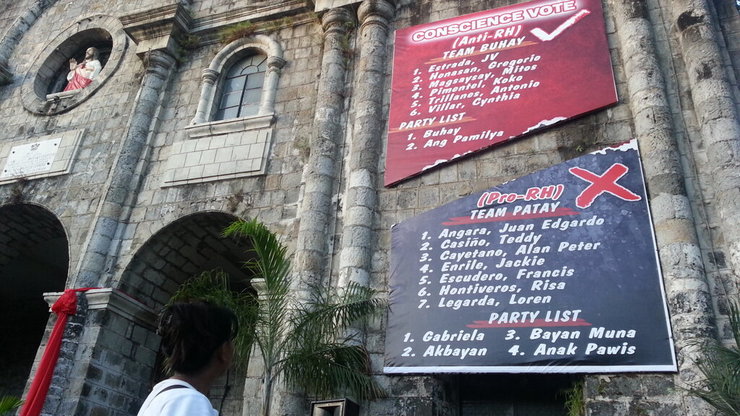by Justice
Isagani A. Cruz
In 1995 on
November 2, 2015 at 11:52 pm
THE Judicial
and Bar Council is a creation of the 1987 Constitution and did away with the
confirmation of judicial appointments by the Commission on Appointments. The
purpose was to depoliticize the judiciary by removing as much as possible the
influence of politics in the selection of judges and in their subsequent
conduct in office.
It was felt
that by continuing the old practice, the new charter would be perpetuating one
of the most serious threats to the independence of the judiciary. Judges
appointed or confirmed with the help of padrinos tended to repay their debt of
gratitude with rigged decisions at the behest of patrons cashing in their
chips. Others curried favor with senators and congressmen in hopes that these
legislators may prove helpful for future promotions and confirmation.
The Judicial
and Bar Council is a constitutional body. It is composed of the chief justice
as chairman, the secretary of justice and a member of Congress as ex officio
members, and a representative of the integrated bar, a professor of law, a
retired member of the Supreme Court, and a representative of the private
sector. The regular members are appointed by the president of the Philippines
for four years with the consent of the Commission on Appointments. Each of the
seven members has one vote. The representation from Congress is shared by a
senator and a congressman, each of whom casts one-half vote.
Charges
against aspirants for judicial positions are considered in private by the JBC.
Complainants may be given a chance to support their objections and the
candidate may be allowed to refute them. Hearings are not obligatory, however,
and the council may simply act summarily on the charges. There is no right to
be nominated after all, and the decisions of the body are highly discretionary.
Among the
criteria for the nomination of a candidate are competence, integrity, record in
the bar examination, experience in the legal profession, and personality. One
perennial aspirant for the Supreme Court has been consistently rejected for
lack of delicadeza in openly and personally campaigning for his nomination.,
Another candidate has been bypassed several times because of a rather servile
manner and serious doubts about his integrity and morality.
I sat as a
consultant of the JBC for some time and was especially impressed with the
diligence of the members, particularly the regular ones, in screening hundreds
of applications for the various judicial vacancies. These members even go
around the country to interview prospective nominees, many of whom are unable
to come to Manila for financial and other reasons. Visits of the JBC members
and the schedule of interviews are announced in advance by the local IBP
chapters.
But for all
the improvement it has effected in the selection of judges and justices, the
JBC has not completely succeeded in resisting the influence of politics. The
secretary of justice is in that body to express and protect the wishes of
Malacañang and there are also the members of the legislature whose principal
role is to submit to the council the recommendees of their colleagues in
Congress. The fact that the regular members of the JBC are appointed by the
president may also emasculate their independence. Where the president’s own
preferences are at stake, it is not unlikely that the chief justice may find
his only ally in the retired justice of the Supreme Court, but even this is not
certain.
The
staggering of the terms of the regular members at yearly intervals is good, but
perhaps there should also be a prohibition against their reappointment as in the
case of the constitutional commissions. The secretary of justice could be
retained for his valuable insights in the judicial and prosecutorial systems
but only as a consultant without the right to vote. The representation from
Congress should be taken out as inimical to the very purpose of the creation of
the JBC.
The JBC is
supposed to make at least three nominations for each judicial vacancy, but no
maximum number is prescribed. The bigger the number of nominations, the wider
the discretion given to the president and the weaker the independence of the
council becomes. At one selection of the nominee to the Supreme Court, the JBC
chose five names but when the Malacañang candidate was not included, his
supporters moved to expand the list. This is one way a candidate favored by the
president may be accommodated and eventually appointed.
I believe
the incumbent justices of the Supreme Court should be consulted on the filling
of any vacancy in the body because they will be working with whoever is chosen
to sit with them and it is imperative that they have confidence in his ability
and integrity. It takes only one member to throw a monkey wrench into their
proceedings and make the entire membership ineffective if not suspect, or at
least embarrassed by the pariah among them.



